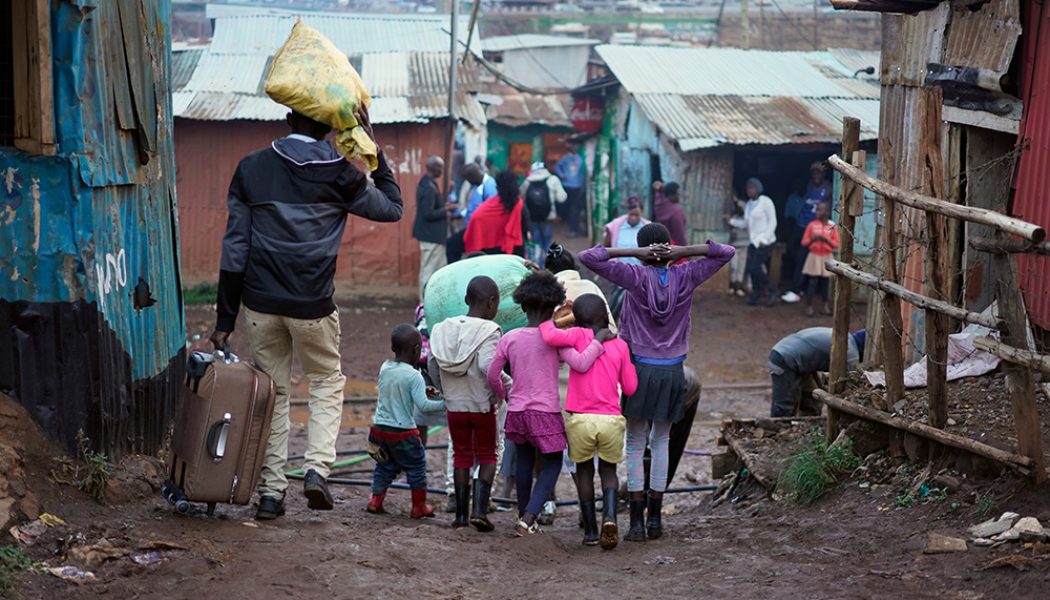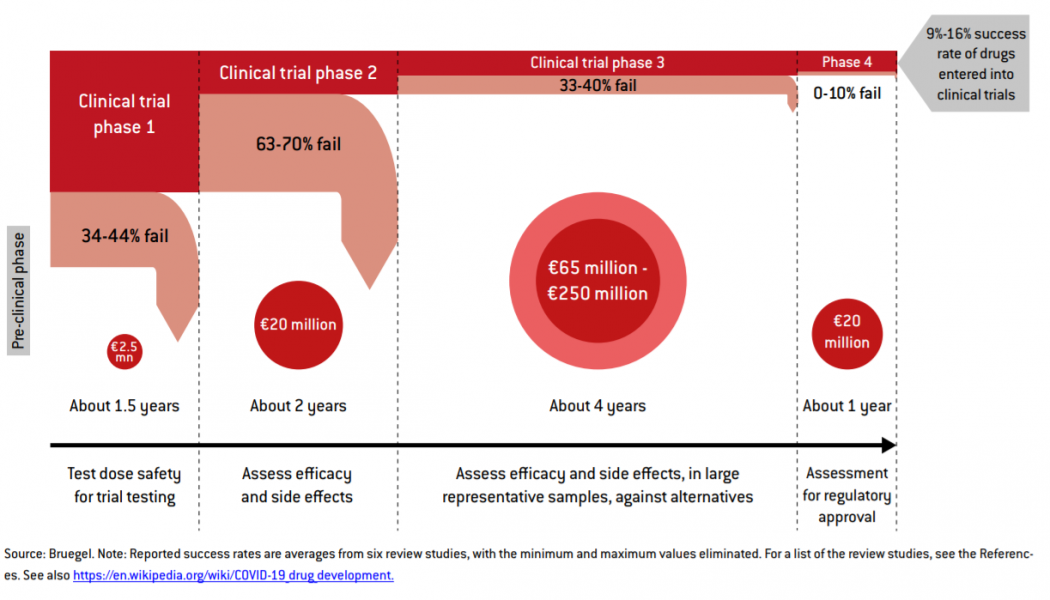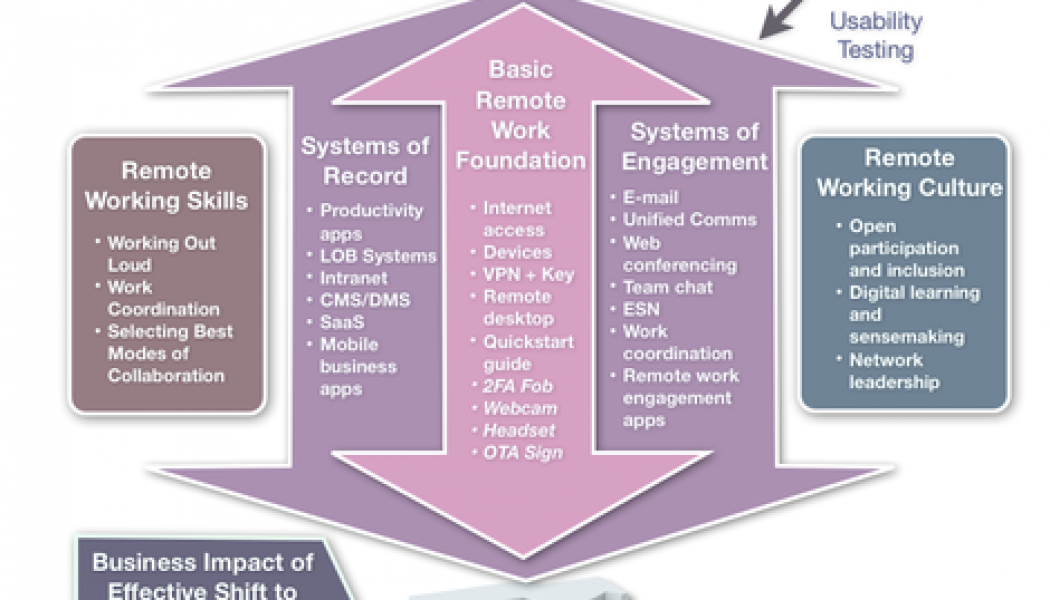COVID-19 News
How to Fight COVID-19 in Africa’s Informal Settlements
Sourced from eNCA. The COVID-19 pandemic has cost hundreds of thousands of lives in the world’s richest cities but poses an even greater threat to cities in the developing world. There are now more than 150,000 confirmed cases of coronavirus across Africa, in all 54 countries, with South Africa and Egypt the worst affected. One of the most pressing concerns for Africa is that over half the population (excluding in North Africa) live in overcrowded informal settlements. In these areas where several people have to share one badly ventilated room, diseases such as COVID-19 spread fast and it is impossible to practice physical distancing whether in homes or outside. Other preventative measures are equally challenging. Only a third of households in Africa have access to basic handwashing facili...
Energy Leaders Give Insight on the Future of Kenya’s Oil and Gas Transition
Sourced from Construction Review Online. Kenya’s oil and gas industry is in a state of transition, as its major oil and gas development — Blocks 10BB and 13T in Turkana — has been put on hold, with Tullow Oil submitting a notice of force majeure to the Kenyan Ministry of Petroleum and Mining, citing complications from COVID-19. Meanwhile, Uganda’s Lake Albert Project is moving ahead, with Total announcing plans to acquire Tullow Oil’s stake in the project. The massive development in Uganda, which is set to include a pipeline and refinery, could easily have an impact on regional oil and gas developments and opportunities. In a webinar, Kenyan energy industry leaders shared strategies and thoughts on how Kenya’s oil and gas sector can deal with the implications caused by COVID-19. According ...
COVID-19 Boosts Demand for Human-Centered Digital Design
Sourced from TTEC.com If there is one thing that COVID-19 has highlighted; it is the importance of people in the economic value chain. Sandton-based business management consultant Immersion Group says that one of the emerging trends they’re seeing is that more organisations are seeking human-centred design experts to enhance or improve digital customer experiences, breaking down barriers that may be hindering their ability to satisfy their customers. Organisations are now facing urgent decisions as they pivot to accommodate the many unexpected circumstances, and when these challenges risk affecting the bottom line; it’s crucial that organisations rapidly take stock of what is working and what isn’t working when prioritising digital experiences that put the customer first. From onboarding t...
How Using Cloud Can Increase Security for Remote Working During the Pandemic
Sourced from Tapscape The cloud can enable organisations to quickly scale out enhanced security to a suddenly remote workforce, as part of efforts to ensure business continuity and disaster recovery – this is according to Patrick Grillo, Senior Director and Solutions Marketing at Fortinet. The pandemic had created unique challenges for employers and employees across all sectors around the world, with Varun Kukreja, Senior Program Manager – IT Security MEA, IDC Middle East, Africa, & Turkey, saying securing the teleworker had become a top priority, with some 90% of organisations looking to provide staff with secure access to IT services and applications. The pandemic had also accelerated digital transformation, he says, with an IDC Meta survey interim results revealing that some 56% of ...
The Future of Work – Becoming a Digital Workforce
Sourced from HCAMag.com The future of work has always been a popular topic for discussion, especially among HR and payroll practitioners. However, the current COVID-19 pandemic and the resultant lockdown many countries have experienced are fast-tracking discussions towards more practical interventions to prepare the workforce for what will be the new normal. “Even though many aspects of the Fourth Industrial Revolution (4IR) and the digitalisation of workforces have been theoretical, the impact of the global COVID-19 pandemic has forced management to rethink their approaches to employees and how they use technology to not only improve productivity but reinvent traditional processes,” says Ian McAlister, GM at CRS Technologies. More than just technology Consider artificial intelligence (AI)...
Understanding African Markets During COVID-19
Sourced from iStock. We are living in unprecedented times. COVID-19 has swept throughout the world, and governments globally have taken drastic measures to stop the spread in an attempt to save lives. In February 2020, as African countries watched Asia and Europe begin the implementation of lockdown, a study by Survey54, an automated mobile-led data collection platform, found that approximately 80% of Africans interviewed felt almost immune to the virus as they were yet to hear of any confirmed cases on the continent. This did not last long and by Mid-March, lockdown procedures were initiated across Africa. Despite the swift response, lockdown came with many challenges that drastically affected a continent which heavily depends on the informal sector. With roughly 90% of Africans now conce...
Cashless and Contactless Payments Beyond COVID-19
The emergence of COVID-19 has made the need for digitising payments more critical than ever before and for this to be a success, electronic payments need to offer similar benefits to those afforded by cash. Globally, economies are in various stages of development having either started developing, replaced or are busy replacing daily batch payment systems with real-time systems that execute payments in seconds with the flexibility to meet the needs of the future digital economy. The drive towards digital payments and lowering the reliance on cash is not new to South Africa’s payments market. There are several mechanisms already in place to enable this and banks, card companies, fintechs and retailers are all involved in rolling out digital, non-touch payment mechanisms. Contactless cards us...





















